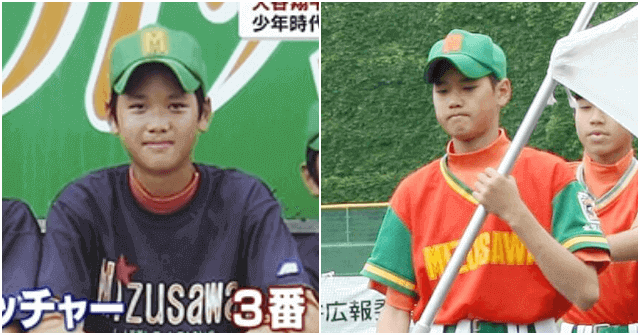Rediscovering your inner child through hobbies
What's the difference between an interest and a hobby?
It is often said that childhood is a period of great growth. Even more than physically getting bigger, new experiences of life and the world constantly expand a child’s mind. When we are born, we start from a blank slate—learning and gaining skills is a necessity to navigate the world. As we get older, we get used to the way things are and even have to go out of our way to gain new experiences. This poses a barrier to learning and growing as adults.
To understand this, first ask the question: what is the difference between an interest and a hobby? To me, they are similar. Interests are things that entertain you. On the other hand, hobbies are activities you can get better at and set goals for. In other words, interests are passive consumption and hobbies are active creation. I use creation here loosely to encompass movements (e.g. dance and sports) and ideas (e.g. languages and activism), along with physical creation (e.g. cooking and art). While it sounds like the distinction is clear cut, that is not the case. Many activities blur the line between interests and hobbies. I can enjoy watching baseball (interest) and I can enjoy playing baseball (hobby). In order to critique movies (hobby), I need to watch them first (interest). In fact, the wall dividing interests and hobbies is merely that between unmindfulness and awareness. With a healthy dose of cat-like curiosity, any mundane interest can transform into an invigorating hobby.
Of course, when we are young, awareness is inherent in any activity because everything is novel to us at that age. As adults, it’s easy for things to go on autopilot. In addition to the stigma of being bad at something, this means it is much easier to engage in interests than hobbies as adults. But improving one’s skills through hobbies is a necessary step toward self actualization. Hobbies (and the knowledge and skills that come with them) are what make us interesting.
Obsession is kind of like the extreme version of a hobby. And obsessions are very paradoxical. On one hand, we admire people who have dedicated their lives to their passions. For instance, to use a baseball example, Ohtani Shohei is arguably one of the best baseball players ever. A reason for his success is that he’s obsessed with baseball. If you listen to his interviews, it’s clear his two priorities are 1) baseball and 2) sleep (so he can get better at baseball). He’s often called a yakyu shonen1 (translating to “baseball youngster”), which is used to describe little kids who eat, sleep, and breathe baseball.

Describing Ohtani as a yakyu shonen points to the other side of obsession: it’s seen as childish. During childhood, being really into trains, dinosaurs, or princesses is just a phase. Someday, we stop thinking about those teenage crushes we couldn’t stop thinking about. Student activists are frequently seen as well-intentioned, but naive. As competing priorities move into the fore, growing up makes us less obsessive—sometimes to the point that causes many of us to question our interests, motivations, and aspirations in life.
I think we’d be better off as more obsessive adults. Of course, the caveat is we should be obsessive about the right things. Trust me, I’m from DC and went to a liberal arts college—I’ve met my fair share of people way too into politics for the sake of politics. We should be more obsessive with our hobbies, activities we can measurably get better at, without extrinsic motivations like getting richer or attracting girls. Far more than building a stellar resume or even finding love, I’m becoming more and more convinced building skills and learning about the world like we once did as children is the path toward ultimate life satisfaction.
野球少年


